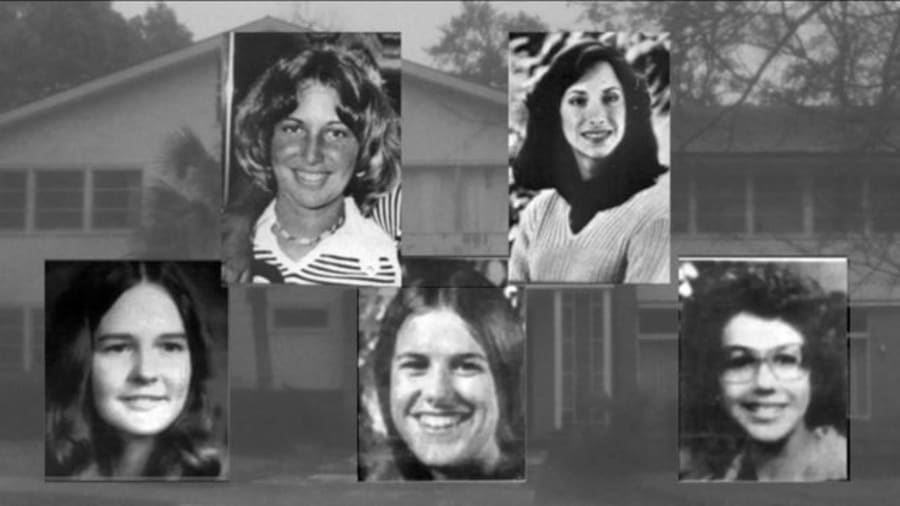TALLAHASSEE, Fla. – January 24 is the 30th anniversary of the execution of one of the nation's most prolific and intriguing serial killers: Ted Bundy.
Bundy’s path to execution began at a Florida State University sorority house the morning of Super Bowl Sunday 1978. Two were dead, three injured, the viciousness of the attack shocked Tallahassee.
“I’ve got new locks on every door on the house,” said one resident at the time.
Three weeks later the fear spread across North Florida after 12-year-old Kimberly Leach disappeared from her Lake City middle school.
Bundy fled the area, but was stopped in a stolen Volkswagen in Pensacola. Murder indictments followed.
"I plead not guilty right now,” Bundy said to the court. He later negotiated a plea deal that would have saved his life, then dropped it.
During a rare visit to death row from the Leon County sheriff who put him there, Bundy came close to confessing to the Tallahassee murders.
“He said that, 'When you find the person wanted for these murders, that person will be wanted for the murders of girls in the three digits in six states,” former Sheriff Ken Katsaris said. "Now we know (of) about 36 in four states.

The sorority house was remodeled shortly after the murders, and to this day sisters there aren’t allowed to speak about Bundy.
As dawn broke over Florida State Prison the morning of his execution, the field across from the prison resembled a circus. Bundy’s knees buckled as he was escorted into the death chamber.
After getting confirmation Bundy was dead, the crowd sang, ”Hey hey hey, goodbye.”
Three decades after one of the nation's most prolific serial killers was put to death, the story continues to fascinate.
A new movie about Bundy premieres this weekend at the Sundance Film Festival in Park City, Utah. Its title: "Extremely Wicked, Shockingly Evil and Vile." Zac Efron is cast as Bundy.



